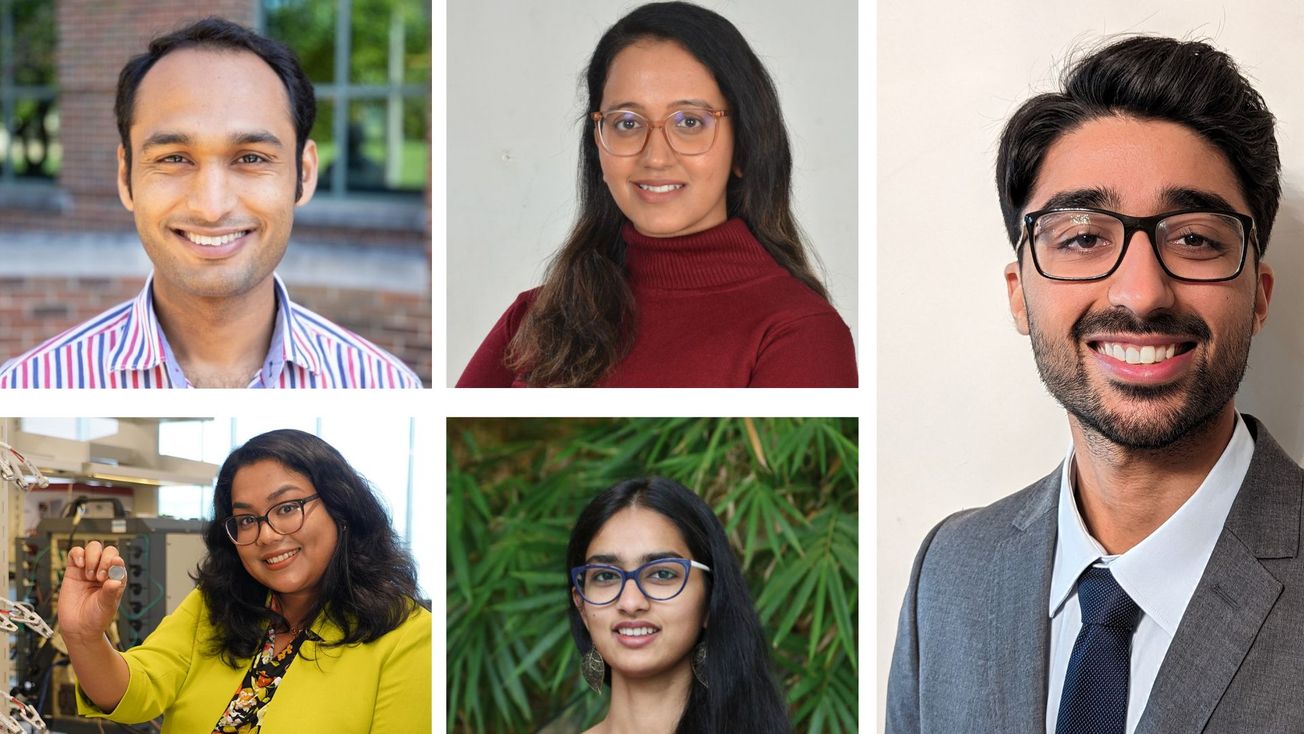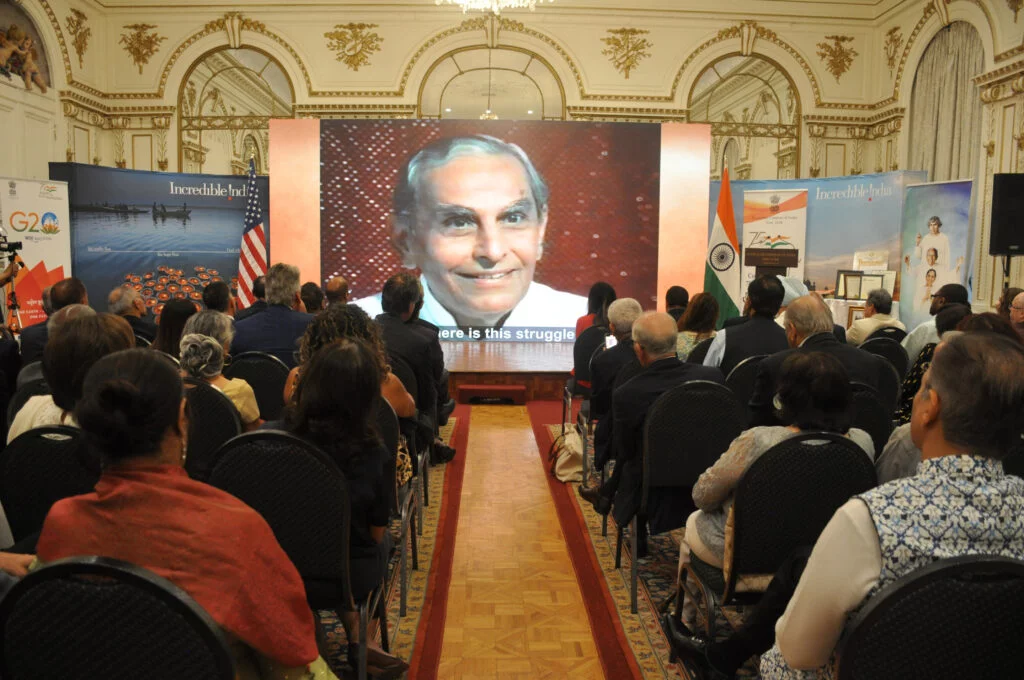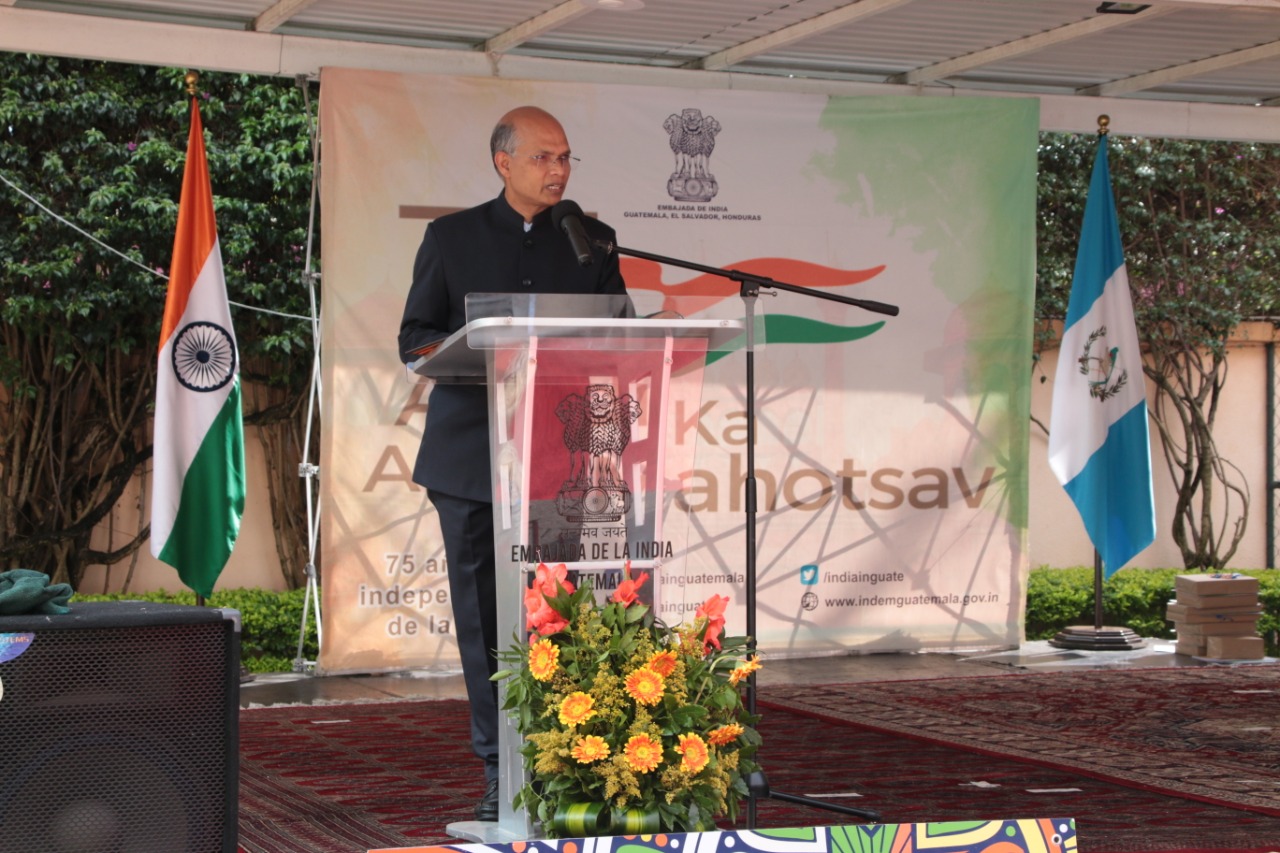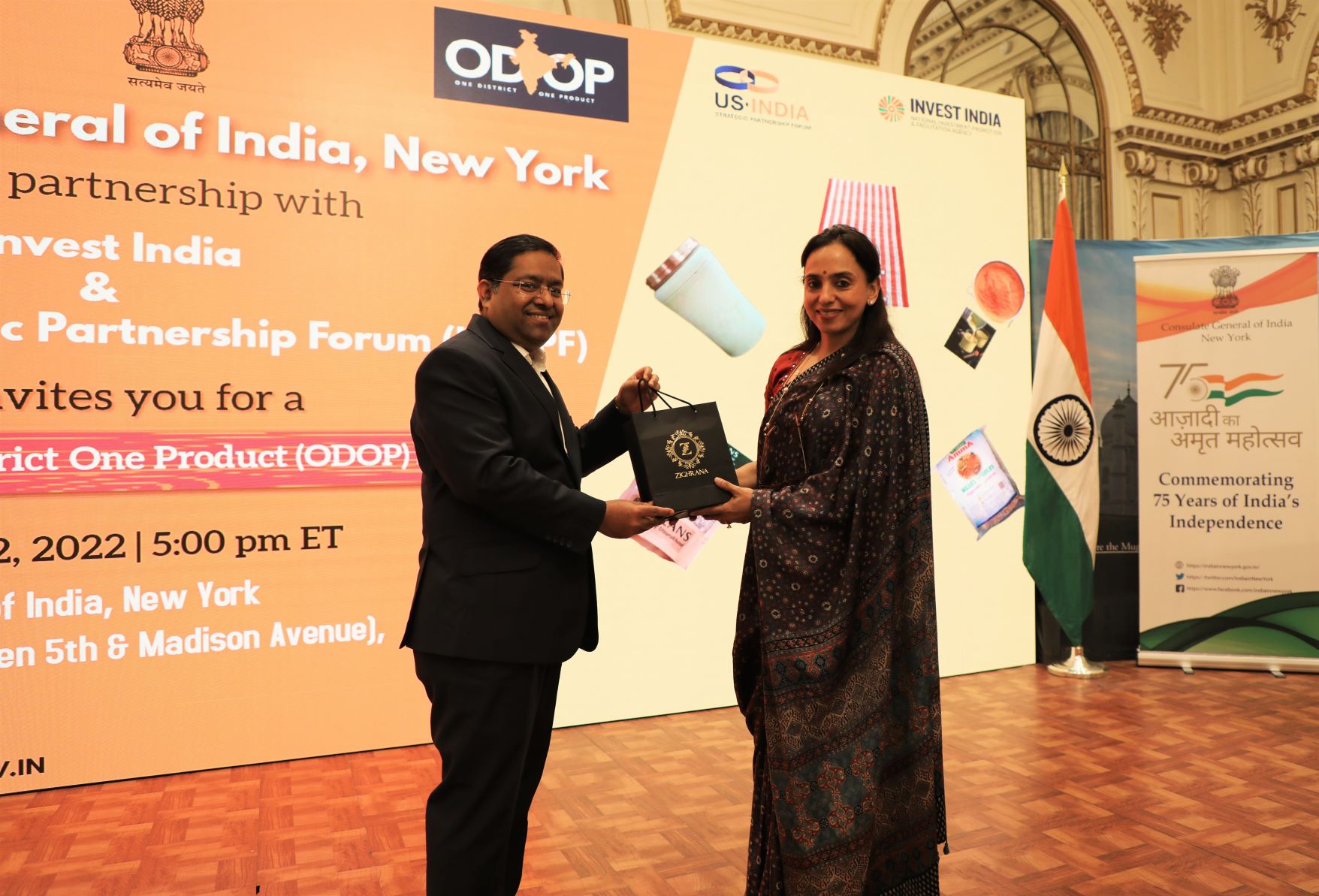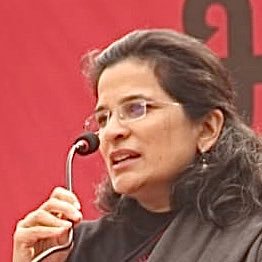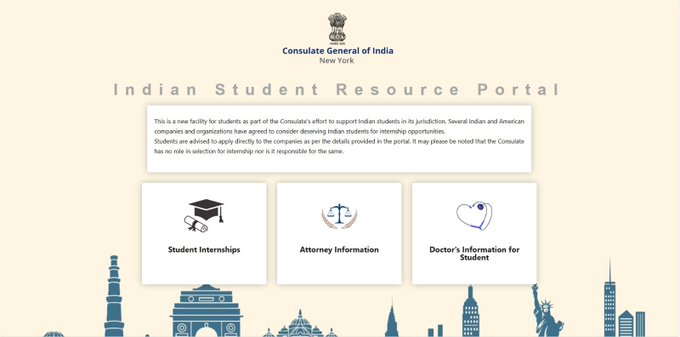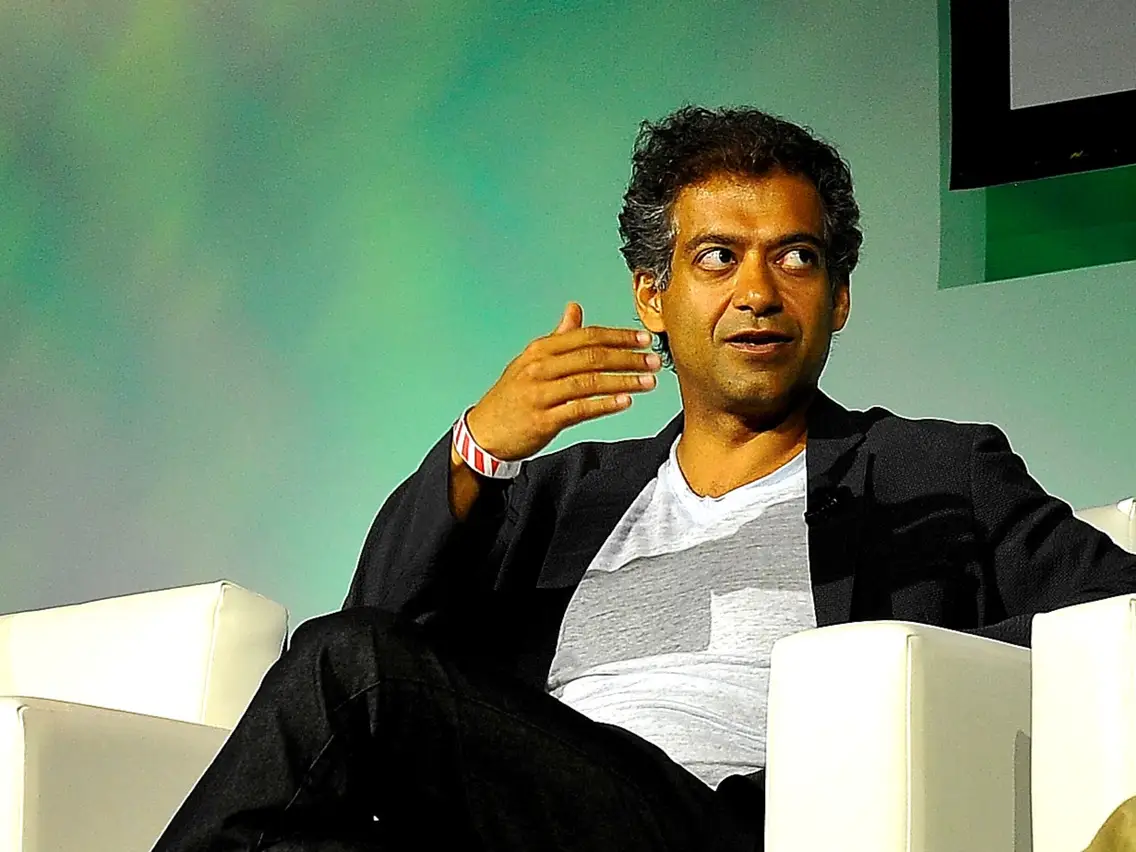Our Bureau
Washington
Five Indian-origin early career scientists have been chosen among 32 others as part of the 2023 cohort of Schmidt Science Fellows program, an initiative of Schmidt Futures, and the Rhodes Trust, that aims to create a community of scientists and supporters of interdisciplinary science.
The fellows, Sahil Loomba of Imperial College London; Shilpa Pothapragada of Tata Institute of Fundamental Research; Krishnakant Saboo of the University of Illinois Urbana-Champaign; Susmita Sarkar of Purdue University; and Sridevi Venkatesan of the University of Toronto, will receive a stipend of US$100,000 a year for up to two years of postdoctoral research.
In an effort to foster interdisciplinary studies, the Schmidt Science Fellows are placed with world-leading scientific leaders and internationally-renowned labs to focus on an area that is a shift from their PhD topic.
As part of the program Loomba, an engineer from IIT-Delhi would pivot from statistical network modelling to causal inference and measure the effects of large-scale public health campaigns on independently observed outcomes such as vaccine uptake.
Pothapragada, a doctorate from Tata Institute of Fundamental Research, Hyderabad, did her graduation and master’s in biochemistry but will pivot from mechanobiology to bioengineering, focusing on women’s health.
An electrical engineering graduate from IIT-Bombay, specialized in communications and signal processing, Saboo from the University of Illinois, Urbana-Champaign, will shift focus from computer engineering to neuroscience to develop personalized models of aberrant brain activity that aid in diagnosis and brain stimulation-based treatment of epilepsy.
Sarkar moved from northeast India to the US for her master’s degree at Missouri University of Science and Technology. She will pivot from mechanical engineering to chemical engineering to work on wearable devices for applications in healthcare.
A doctoral candidate from the University of Toronto, Venkatesan will pivot from neuroscience to genetics and genomics to develop a precision medicine platform for rare genetic brain disorders, increasing global access to diagnostics and treatments. Her research focused on deciphering disruptions to neurotransmitter pathways that lead to cognitive deficits and identifying treatments to restore normal neuron function.
Wendy Schmidt, co-founder of Schmidt Futures and president of The Schmidt Family Foundation, said, “This new cohort will add to this legacy in applying scientific discovery to improve human health and opportunity, and preserve and restore essential planetary systems.”
All the fellows will be placed with world-leading scientific leaders and internationally-renowned labs to focus on an area that represents a shift from their PhD topic.
















